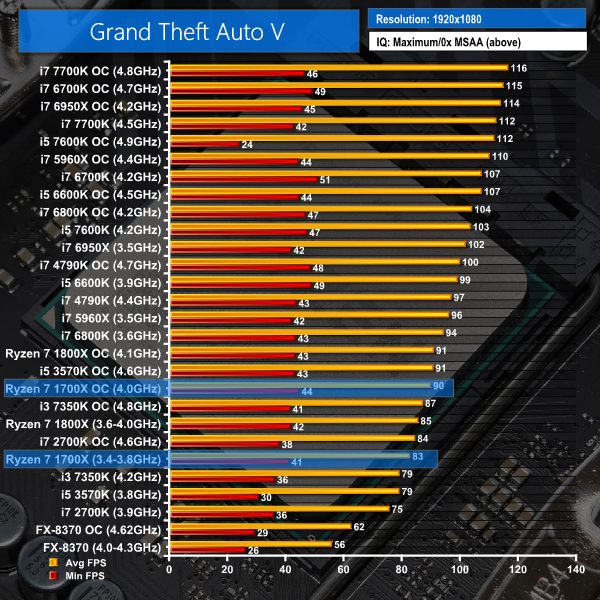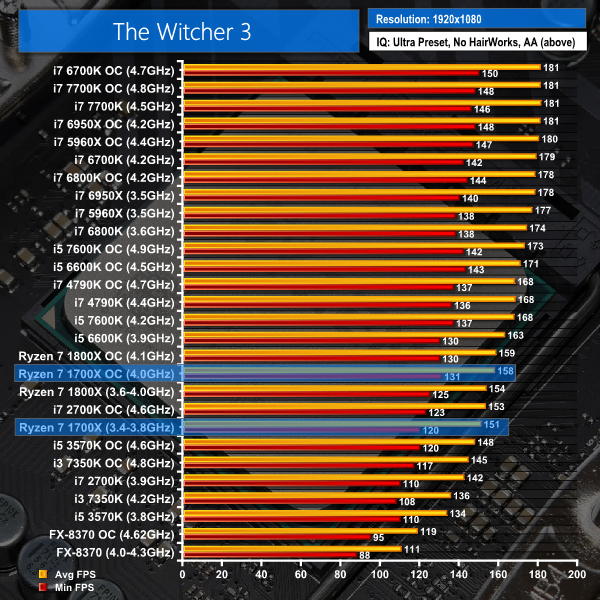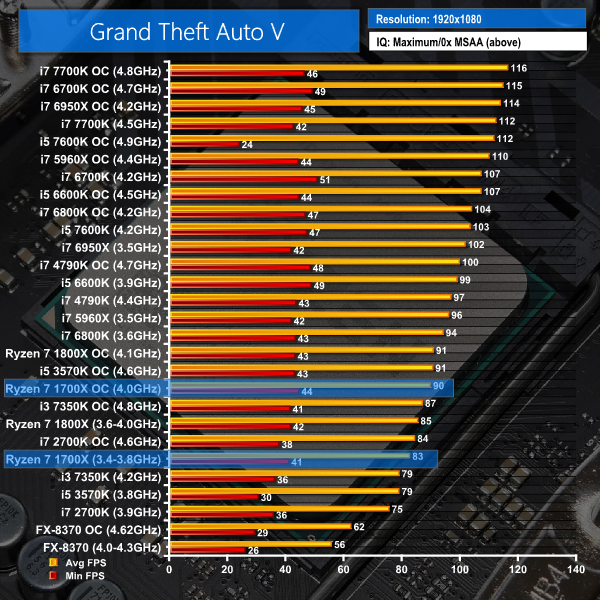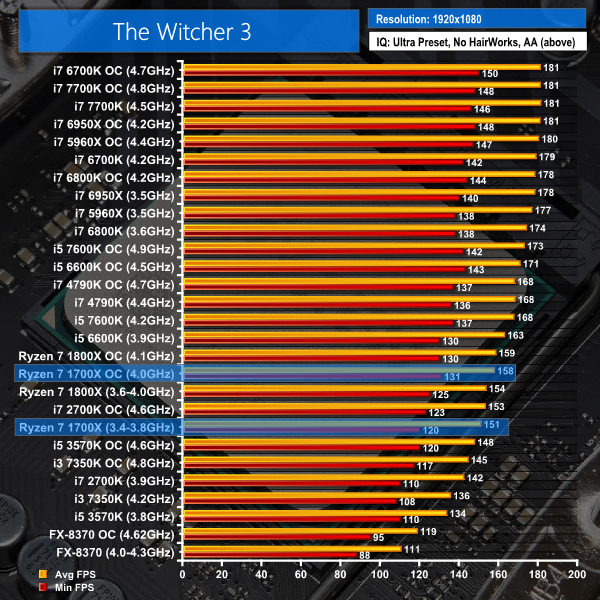With major consoles being weak 8 cores (6-7 cores available to games) I wonder how those new games fare on them.
Even Blizzard bothered optimizing Overwatch for 6 cores, consoles are on jaguars for years to come, I don't see viable multi-plats that don't go heavy multi threading.
Why? Hyper-Threading is not a new technology, and mutli threaded development is not new for consoles either. Remember, Cell in the PS3, is a chip released in 2006. I wonder how much more incentivized developers are to utilize HT than they where 10 years ago, though at least, it's been a while since I've had to disable HT just to not have a performance penalty.
If you look at Steams Hardware Adoption rate for CPU cores, it's pretty clear that 4-core CPUs is still the largest growth, for all but Linux users;
http://store.steampowered.com/hwsurvey/cpus/?sort=chg < 8 cores adoption is also growing, but much slower.
And here is the thing- If it's true that we might see ULVs at the end of the year with 4 cores (FINALLY) that could be a big deal. Because 4-core ULV processors have been underway for so so so long. If we- In the next 2-3 years will see the default ultrabook and subnotebook have Quads, then I think the tendency will be for for everything to be phased out towards 4 cores / 8 threads.
A performance uptick of 15 percent over the current generation of Kaby Lake processors is likely via further optimizations in the architecture and manufacturing process. Perhaps the biggest change to the next generation could be the addition of quad-core SKUs in the 15 TDP U-class family of processors. Thus far, these ULV processors have been limited to only two full cores. If true, the upcoming Kaby Lake successor could be a huge boon to ultra-thin notebooks especially if Hyper-Threading remains.
It would be incredible exciting if it meant we could see the next Surface Pro or Macbook Air or Lenovo Yoga with a quadcore. It would be a big step towards adoption rate, as Laptops are by far the most sold computers today. It only makes sense that developers code their apps to reflect the majority.
'Faster' maybe but I'd challenge anyone to notice the difference. Total platform cost for Ryzen is much cheaper. More important than that though is AM4 is a chipset that will last two more generations so upgradeability is there but not with a Kabylake. This is key.
Also, when applications do make use of more than the paltry 4C/8T on the 7700K, Ryzen is significantly faster.
Yes but most people don't own a card on the level of a 1080, 1080 Ti, or Titan X and game at 1080p at the same time to expose these performance gaps. I think you do so you're in the minority where differences may be noticeable. This is important.
People with cards below those and/or who game at 1440p/4K and the CPU is less of a bottleneck. I'd challenge anyone to tell the difference between 90fps and 98fps.
But here is the thing: If you want to argue that these gains are negible, then you're changing the conversation. Same thing goes that if you'd argue that the performance gains of higher clockspeeds over more cores is negible because it doesn't affect a majority of consumers.
Think about how many apps and games that are at the forefront currently in popular mainstream culture, who are lightly threaded? As someone who relies on productivity apps like Photoshop and Illustrator, the performance gains with a higher clockspeed are significant.
Really, the true test for Ryzen is how it compares to the Intel Core i7 7700K since that is currently the best CPU available for Photoshop. Unfortunately, Ryzen simply can't keep up with the i7 7700K which is both cheaper and significantly faster. In general tasks and photomerge the i7 7700K is around 23% faster than Ryzen on average. Interestingly, the 1800X does pretty well when creating HDR photos, although it was still around 13% slower than the i7 7700K for that task.
Overall, if you are looking for a Photoshop workstation we would advise you to skip Ryzen and stick with the Intel Core i7 7700K. Not only is it more affordable and on a more established platform, but it should also be significantly faster for pretty much any task you might perform in Photoshop.
And I don't think this is a misnormer to Pohotoshop. InDesign, Illustrator, Acrobat, Lightroom and After Effects (since they removed the abillity to render multiple frames) are all lightly threaded applications. And it's not like that Adobe can just re-code these programs from the ground up. And this has been a general theme for many many years.
I'd like to be future proof, but I am struggling to think of games and apps beyond 3d modelling and rendering that benefit from more Cores than 4. And I don't see that changing with the way 4 Core is being adopted to the default, phasing out Dual core, over the next 5 years.
The essence in this discussion is weather or not someone is better off with more cores or with fewer cores at a higher clockrate (basis for discussion about overclocking). Even nearly every upcomming game I can think of that pushes the technological limits like Star Citizen are designed for 4-cores / 8 threads.
Still though, you cannot help but wish that more cores would be more widely adopted, as theoretically, they are more powerful. It's always a disassatisfying feeling that you have a powerful device that has untapped power due to the pragmatic reasons of developers catering to the dual core users.
Still though, of the more than 2 billion computers currently in curculation all over the world, the vast vast vast majority runs on a single or dual core CPU. And as more and more small and thin devices continue to exist, the power users who want to have the benefits of 4> cores, are tiny tiny tiny.
We've known things would go this way for a long time. They committed themselves towards portable, energy efficient computing a long time ago. Hench why people are going nutty over Ryzen and something new finally happening in a old, boring and stale market that used to be so exciting. I think most Intel fans are rooting for AMD to really make Intel sweat again and make things more interesting.
But it's hard for me to see the logic of Ryzen for non-video editing / non-3d Modelling workflows.





